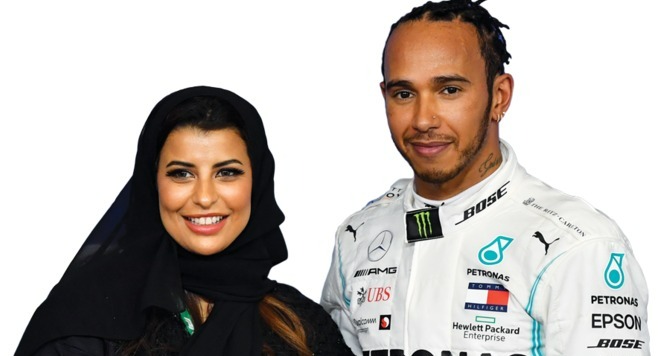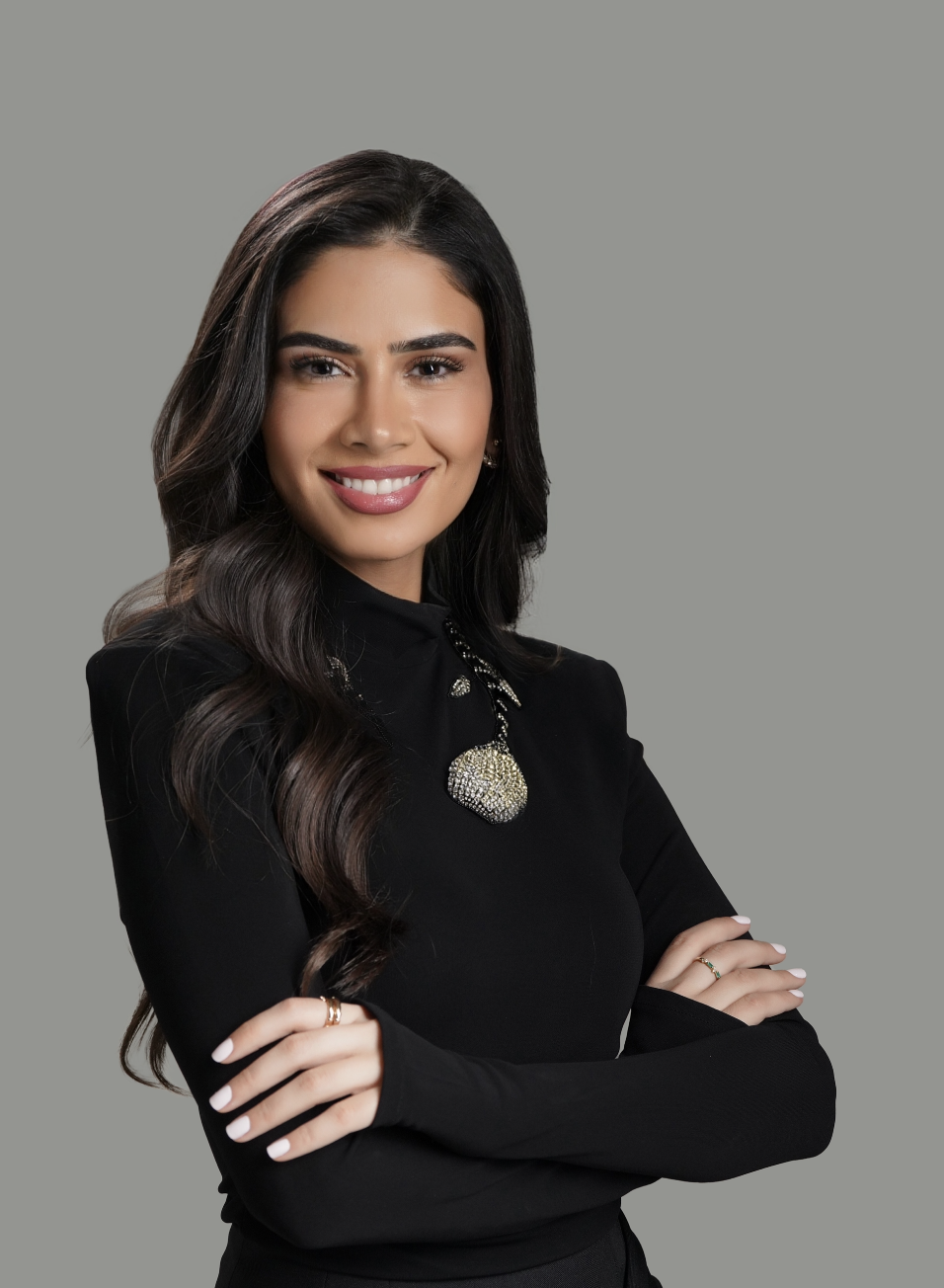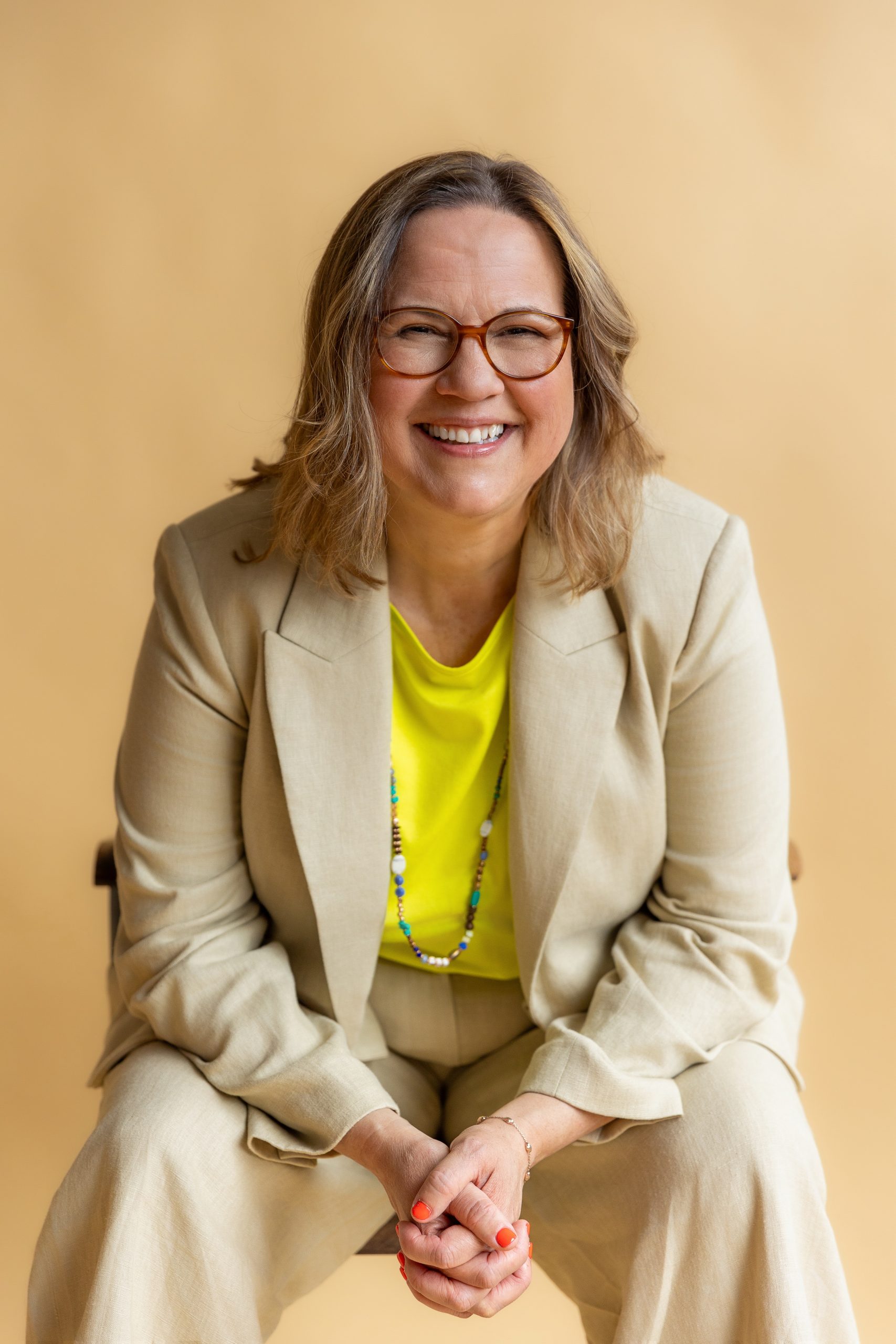Empowerment of women in the Arab world is on the rise, with significant progress made in recent years. A YouGov study commissioned by Arab News for the Arab Strategy Forum sheds light on the positive outlook regarding women’s empowerment in the region. This optimism is driven by recent developments, such as women driving in Saudi Arabia and an increasing number of women holding ministerial roles across the Arab world.The study, which surveyed 3,079 Arabic speakers aged 18 and above from various Middle East and North African (MENA) countries, aimed to understand current and future perspectives on various topics, including women’s empowerment.One of the groundbreaking moments in the region’s history was the lifting of the ban on women driving in Saudi Arabia on June 24, 2018. The study revealed that two-thirds of respondents actively supported this historic change, demonstrating strong societal backing for such progressive policies. Only nine percent expressed opposition to this transformative law.The positive sentiment toward women’s empowerment is further evidenced by the fact that a combined average of 61 percent of respondents expect to witness greater female empowerment in their home countries over the next decade. This positive outlook is particularly strong in the Levant at 60 percent, followed by the Gulf Cooperation Council (GCC) countries with 48 percent and North Africa with 44 percent.Maria Al-Qassimi, an Emirati writer, highlighted the remarkable progress made by Arab women in redefining social norms and advocating for equal opportunities and less restrictive laws. While acknowledging the rapid policy changes, Al-Qassimi emphasized the need for further advancements to enable both men and women to balance their responsibilities at home and in the workplace.Al-Qassimi also underscored the economic factor as a significant determinant of women’s status in society. As women continue to play essential roles in driving Arab economies and demonstrate their indispensability on a global scale, countries are incentivized to further promote women’s empowerment.The GCC states serve as a prime example of women excelling across various fields. In the UAE, women constitute 70 percent of all university graduates and hold 66 percent of public-sector jobs. Saudi Arabia has seen a remarkable increase of 282 percent in the number of women working in both the public and private sectors over the past year.
The hope is not only for women to occupy more leadership positions but also to advocate for merit-based career advancements across the GCC.The study also highlighted the positive sentiment regarding women holding ministerial roles in the Arab region, with 59 percent expressing support and only 14 percent opposing the idea. This indicates growing acceptance and recognition of women in leadership roles.Injeel Firoz Moti, managing director at Catch Communications, an agency working with female entrepreneurs in the UAE and GCC, anticipates an increase in women’s participation in the workforce and entrepreneurship. She foresees more women taking on leadership roles and driving workforce operations.Moti highlighted Saudi Arabia’s progressive changes, such as the lifting of the ban on women driving and modifications to the public dress code, as setting a precedent for further positive transformations.
The study also delved into the topic of women’s clothing, with 52 percent of respondents expressing positive sentiments about a woman’s right to choose what to wear. This reflects a growing recognition of women’s autonomy over their appearance and clothing choices. However, 24 percent of respondents either preferred not to answer or remained neutral on the topic, suggesting that societal attitudes and perceptions still play a role in shaping opinions.Other questions in the survey addressed issues such as forced marriage and honor crimes. The findings revealed that 77 percent of respondents disagreed with the practice of forced marriage, with 67 percent strongly opposing it. This indicates a widespread rejection of practices that violate women’s rights and dignity.Maria Al-Qassimi believes that as Arab societies continue to evolve, individuals’ choices and values will gain greater recognition and respect.
While some respondents may hesitate to express support for certain issues due to cultural and societal pressures, progress is being made toward a more inclusive and equitable society in the Arab world.In conclusion, the YouGov study paints a positive picture of women’s empowerment in the Arab world, with widespread support for progressive policies and increasing acceptance of women in leadership roles. The future appears bright, with opportunities for further advancements in gender equality and women’s participation in various sectors. As Arab societies evolve, the empowerment of women will continue to be a driving force for positive change.












